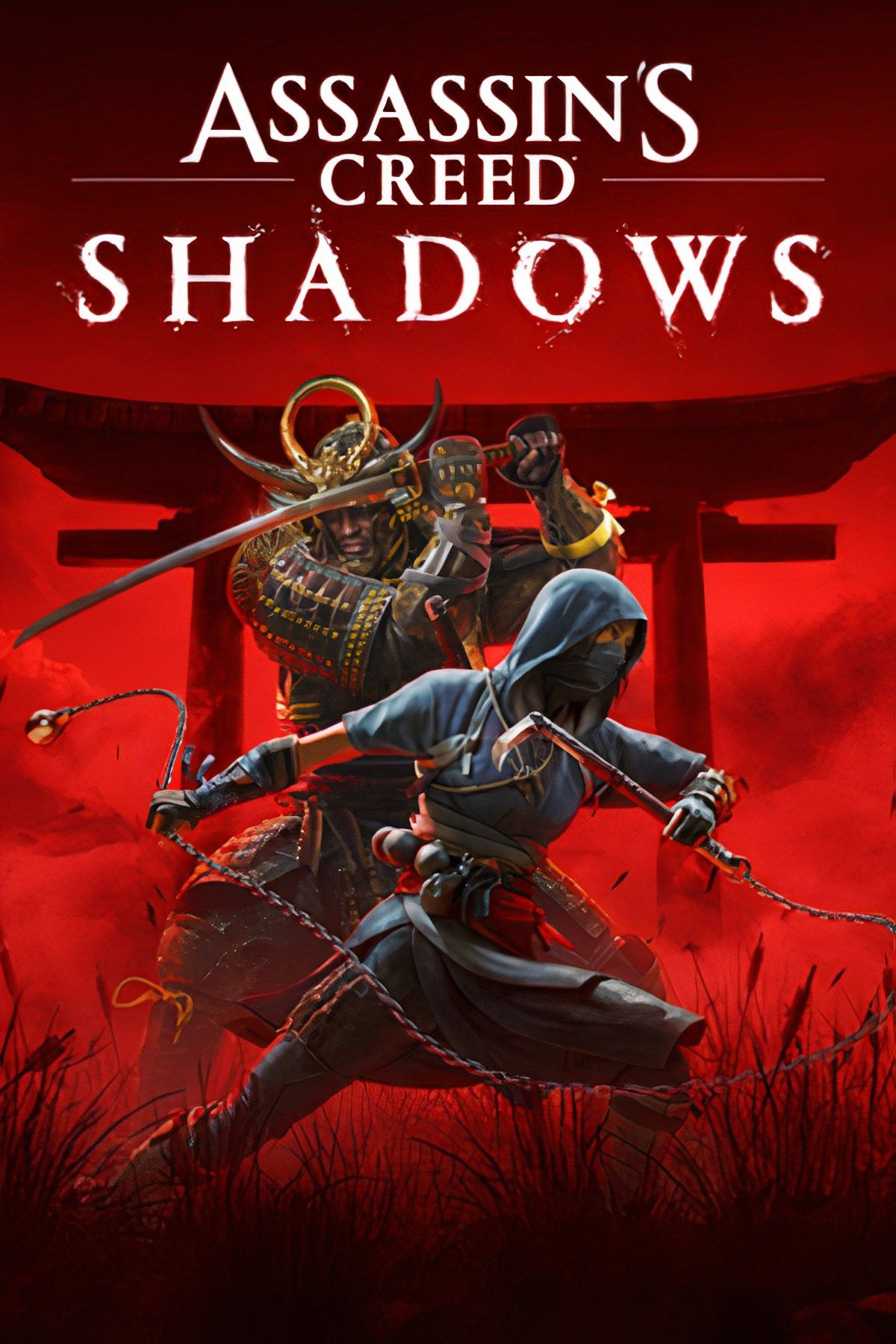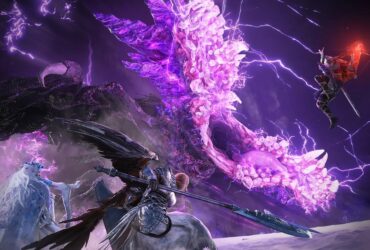The Assassin’s Creed franchise, as its name suggests, has always attempted to position stealth gameplay front-and-center, though it sometimes conflicts with its other design principles. The upcoming Assassin’s Creed Shadows may be deploying an elegant solution to this problem, though, partitioning its stealth and action-RPG elements between two playable characters, with the physically dominant Yasuke being better suited to head-on combat, while Naoe excels at covert operations.
It’s an interesting approach to a dichotomy Assassin’s Creed has precariously balanced for quite some time, with Assassin’s Creed Valhalla perhaps posing the most troubling incongruence. In that game, players are meant to assume the role of a Norwegian Viking—not a historical archetype associated with stealth or trickery. This narrative and historical framing clashes with Valhalla‘s gameplay premise, making stealth feel awkward and out-of-place at times. The samurai-ninja split of Assassin’s Creed Shadows may help create a more elegant and complete experience, but it might not be the only way to shake up the Assassin’s Creed formula.

Related
Assassin’s Creed: The Argument For a Total Franchise Reboot
Assassin’s Creed has been hard done by in the past several years despite its success, and as messy as it could be, it might be time for a reboot.
After Assassin’s Creed Shadows, the Series Could Tackle a Templar Spin-Off
A Templar Game Could Be a Nice Change of Pace
After almost twenty years of releases, the lore of Assassin’s Creed has become rather complicated. In a nutshell, though, the series follows the struggle between the Assassins and the Templars, two secret organizations with opposing viewpoints. The Assassins, working in the shadows, fight for individual liberty, while the Templars fight for world peace at any cost, including the subjugation and destruction of peoples, societies, and ideologies.
These opposing values are reflected by opposing methods: Templars are typically far more overt and aggressive, standing in stark contrast to the Assassins, who prefer to work from the shadows. This is plain to see in just about every Assassin’s Creed game, where Templar agents use political power or military force to achieve their goals. On the individual level, this translates to warriors very similar to those of the real-world Order of the Knights Templar: Catholic soldiers with gambesons, armored helmets, shields, and spears.
The series has actually portrayed this stereotypical, medieval Templar before, during the prologue of Assassin’s Creed Unity. An Assassin-turned Templar is also the star of Assassin’s Creed Rogue, though this distinction doesn’t translate to meaningfully different gameplay.
From a game design perspective, it’s not hard to see how a Templar protagonist would offer strong justification for a less stealth-focused, more action-oriented Assassin’s Creed game. With Ubisoft sharpening its straightforward combat fundamentals with Assassin’s Creed Shadows, introducing a tank-like archetype in the form of Yasuke, there could be room to expand on such design pillars for a full game. There would be no need to awkwardly work stealth gameplay into the equation, as the heavier, more aggressive methods of the Templar Order wouldn’t require such techniques.
The Narrative Benefits of a Templar-Focused Assassin’s Creed
Assuming the more action-oriented gameplay of Yasuke in Assassin’s Creed Shadows is satisfying, the perks of an Assassin’s Creed game with deemphasized stealth should be fairly obvious. But the frenetic, consistent, and fast-paced gameplay inherent to the action genre could be joined by a more nuanced narrative as well. In other words, a Templar Assassin’s Creed spin-off could offer more than just classic sword-and-shield antics.
Assassin’s Creed has conditioned players to view Templars as villains, which makes sense: modern audiences are primed to view authoritarian, fundamentalist groups as threats to freedom and enlightened society. But the notion of world peace, even at the cost of individual freedom, has enticed millions throughout history, and a Templar spin-off could explore this. Like how Assassin’s Creed Unity, Assassin’s Creed Rogue, and Assassin’s Creed 3 offer a more human look at Templar operatives, a game fully focused on this sect could show it from a more empathetic, nuanced, and sophisticated angle.












Leave a Reply